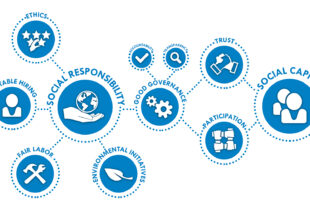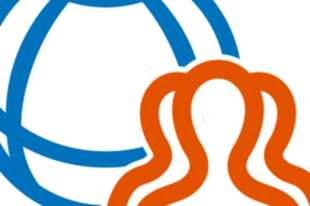Supreme Audit Institutions in the Wake of the Pandemic: Addressing Methodologies and Challenges in a New Era

By: Dr. Sutthi Suntharanurak
In the aftermath of the global pandemic, operational, financial, and strategic landscapes within audited entities have dramatically transformed. This shift necessitates Supreme Audit Institutions (SAIs) to revise their auditing methodologies and face novel challenges as they seek to assess the pandemic’s impact on audited agencies effectively.
Methodologies for Impact Auditing
To comprehend the effects of the pandemic on the entities they audit, SAIs must adapt their methodologies. These are an overview of the applicable steps:
- Understanding the Context: SAIs must apprehend the unique circumstances encountered by the audited institution during the pandemic, including operational disruptions, financial tribulations, policy or regulatory amendments, and other pandemic-induced impacts.
- Establishing the Objective: The audit objective must be explicit and quantifiable. SAIs should focus on assessing the effectiveness of pandemic response measures, gauging the pandemic’s impact on performance, or evaluating the utilization of allocated resources.
- Defining the Scope: This entails SAIs outlining the audited activities, programs, or departments, delineating the period under review, and identifying the financial and non-financial data subject to evaluation.
- Risk Assessment: Auditors should concentrate on high-risk areas, evaluating risks pertinent to financial management, operational efficiency, regulatory compliance, and the accomplishment of objectives, as well as pandemic response and recovery measures.
- Data Collection and Analysis: SAIs could review documents associated with pandemic response measures and apply analytical techniques to identify trends, anomalies, and areas of concern.
- Reporting and Follow-Up: SAIs should communicate the results of the audit clearly through comprehensive reports, elucidating the pandemic’s impact and providing recommendations for future pandemic response measures. A proactive follow-up procedure is also vital to ensure the implementation of recommendations.
- In conjunction with adherence to International Standards of Supreme Audit Institutions (ISSAIs) and other relevant auditing standards, these steps should incorporate remote auditing, data analytics, risk-based auditing, performance auditing, and Sustainable Development Goal (SDG) auditing, reflecting the post-pandemic reality.
Post-Pandemic Auditing Challenges
Despite methodological adaptations, SAIs face numerous challenges when conducting audits post-pandemic:
- Limited Access to Data: Remote working arrangements and operational disruptions can impede access to necessary auditing data. This can be mitigated by leveraging remote auditing technologies and data analytics.
- Changes in Financial Reporting and Disclosures: Financial ramifications of the pandemic may provoke alterations in financial reporting and disclosures, creating complexities for auditors.
- Increased Risk and Uncertainty: The sudden transition to remote working, changes in product and service demand, and increased reliance on government aid contribute to escalated levels of risk and uncertainty.
- Evaluating Pandemic Response Measures: The effectiveness, efficiency, and compliance of pandemic response measures require evaluation, introducing a novel component into audit procedures.
- Measuring Impact: Identifying appropriate performance indicators to gauge the pandemic’s impact and the effectiveness of response measures poses a significant challenge.
- Stakeholder Expectations: Stakeholders are demonstrating an increased interest in non-financial information pertaining to Environmental, Social, and Governance (ESG) issues. This necessitates SAIs to expand their audits beyond conventional financial and compliance subjects.
In conclusion, the post-pandemic landscape ushers in both revised methodologies and novel challenges for SAIs. However, through strategic adaptation of methodologies, embracing innovative technologies, focusing on areas of increased risk, and expanding their audit scope, SAIs can successfully navigate this new era and contribute substantially to post-pandemic recovery and resilience.
Dr. Sutthi Suntharanurak is the Director of International Affairs Office, State Audit Office of the Kingdom of Thailand. For further discussion please contact : sutthisun@gmail.com





